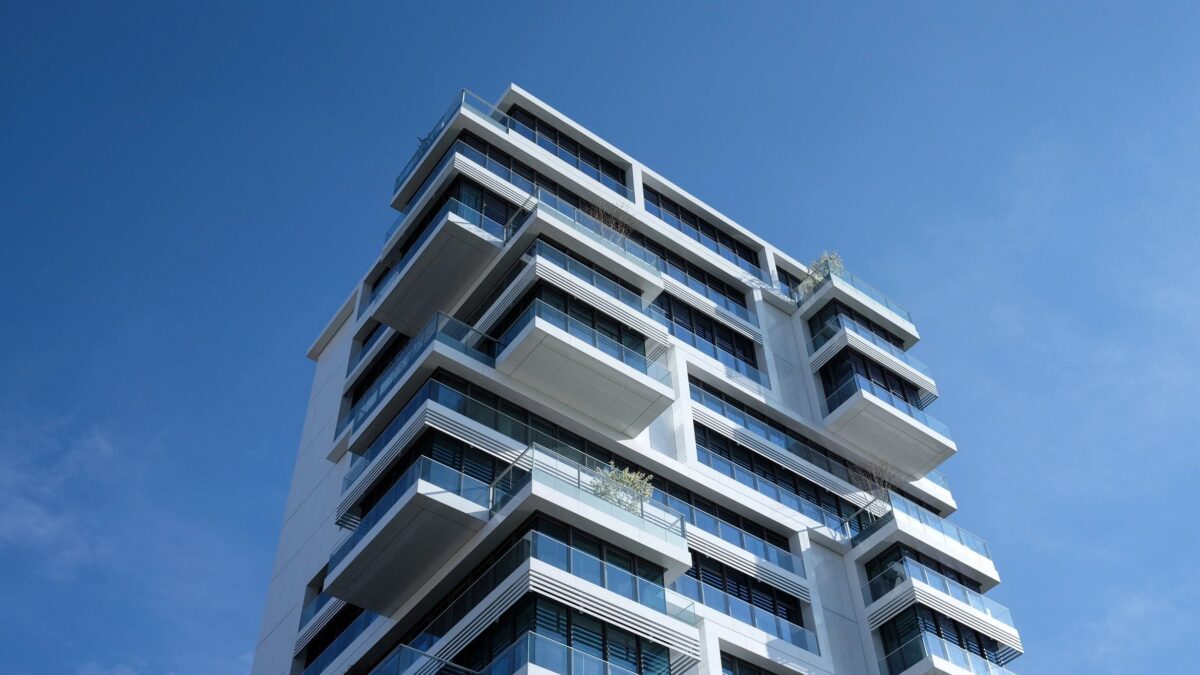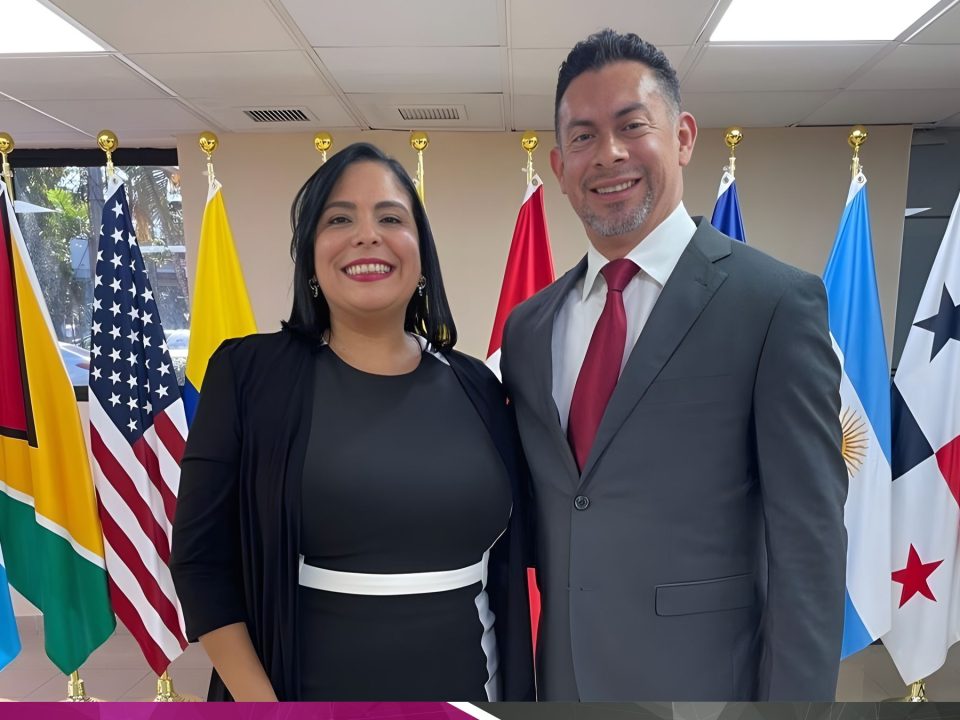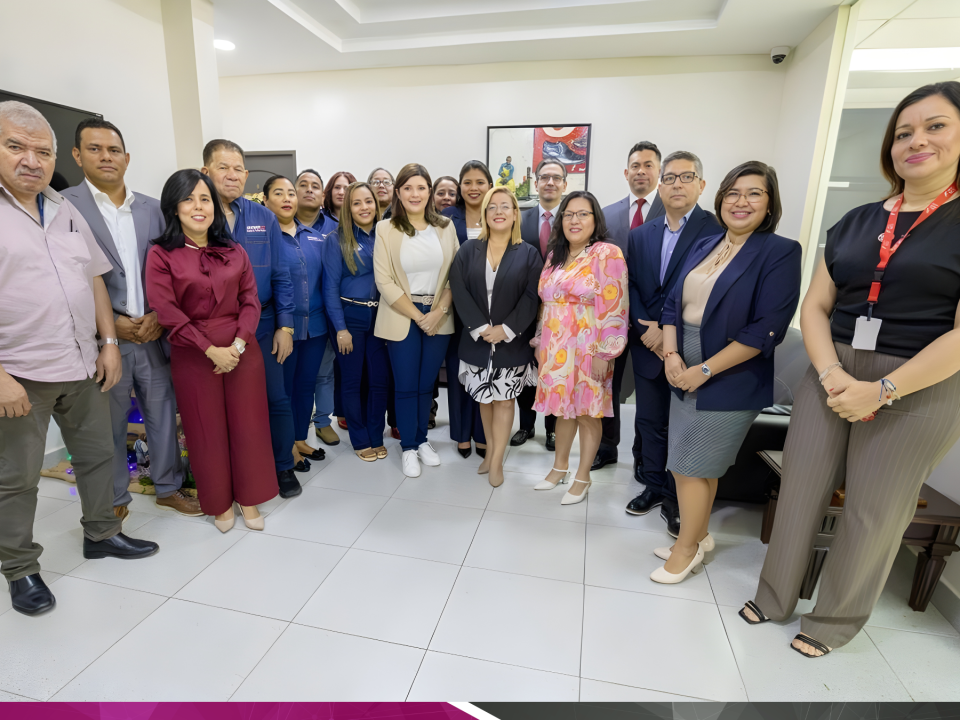
Icaza, González-Ruiz & Alemán wins ‘Panama firm of the year’ at Managing IP Americas Awards 2022
18/04/2022World Intellectual Property Day
26/04/20221. Article 2 of Law 284 of February 14th, 2022 (hereinafter “the Law”) mentions and explains the guiding principles of the Horizontal Property System
1. Peaceful coexistence and social solidarity
2. Right to due process.
3. Right to petition.
4. Principle of confidentiality.
5. Respect for decisions.
6. Respect for human dignity.
7. Sustainability and social role.
2. Numeral 27 of Article 6 of the Law contains the definition of the term “moratorium”, which is as follows: It is non-compliance in the payment of the common expense fees within the term established in the Co-ownership Regulations; if this term is not defined, the last day of the month shall be deemed to be the due date for payment.
3. Article 24 of Law 284 establishes that the owners of real estate units with shared elements shall bear in equal parts the costs of maintenance and repair of the elements of the mezzanines and walls that are common to them. If it is proven that one of the affected parties has caused the damage, the latter must assume the repair costs within thirty calendar days.
4. Numeral 4 of Article 28 of the Law stipulates that owners who are delinquent in the payment of common expenses may be denied security and surveillance services, correspondence, concierge services, permits for the entry of materials or permits for remodeling or construction in the unit.
5. Article 46 of the Law creates a mandatory contingency fund to cover and finance obligations, works or expenses that arise and which are not contemplated in the current budget of the horizontal property and which, in addition, directly affect the financial situation and the proper financing of the real property. The Contingency Fund corresponds to at least 1% of the total income and annual common expense fees collected, which must be compulsorily included as part of the budget to be approved at the ordinary annual meeting of the Assembly of Owners.
6. Article 56 of the Law establishes the obligation of the owner to attend the Assembly of Owners meetings and that the owner who does not attend the Assembly of Owners meeting will be imposed a fine of a minimum of 20% of the common expenses fees. The Assembly of Owners may increase this percentage.
7. Article 74 of the Law stipulates that the initial designation made by the developer of the members of the Board of Directors must be renewed by the owners at the time of the transfer of 51% of the totality of the real estate units comprising the real estate property, regardless of whether the project is carried out in stages or phases.
8. Article 78 of the Law establishes that the members of the Board of Directors may resign, for any reason, from the offices they were elected by means of an explanatory note to the remaining directors. The resignation must be notarized and registered by the resigning director at the Public Registry within a term not exceeding 30 calendar days and shall be signed by the resigning director. During this period, the resigning director shall remain in office until his resignation is registered.
9. Article 80 of the Law establishes that the Board of Directors is not authorized to exempt common expense fees, including surcharges, fines and extraordinary fees.
10. Article 83 of the Law establishes that the members of the Board of Directors shall not be personally, legally, administratively or criminally liable for the actions they execute in the exercise of their office and by mandate of the Assembly of Owners, in accordance with the Law. Likewise, the members of the Board of Directors may not be subject to civil precautionary measures of a personal nature or in their assets, for the actions they carry out in the exercise of their office and by mandate of the Assembly of Owners.
11. Article 92 of the Law stipulates that whoever holds the office of administrator of a horizontal property must have a managerial profile, with knowledge of human resources and the labor system, conflict resolution, accounting and the management of the horizontal property legislation.
12. Article 96 of the Law establishes that the administrator shall not be personally, legally, administratively or criminally liable for the actions carried out in the exercise of his office and by mandate of the Assembly of Owners or the Board of Directors, in accordance with the Law. Likewise, he may not be subject to civil precautionary measures of a personal nature or in his assets, for the actions that he executes in the exercise of his office and by mandate of the Assembly of Owners or the Board of Directors.
13. Article 109 of the Law stipulates that the justices of the peace shall have jurisdiction to hear and resolve situations or disputes arising within the horizontal property between the owners and/or between the owners and the administrator.
14. Article 111 of the Law stipulates that the actions against the decisions of the Assembly of Owners, Board of Directors and/or Administrator, prescribe in the period of three months, counted from their publication, delivery to the owners or their registration at the Public Registry, if applicable.
15. Article 115 of the Law establishes that the administration of the real estate units will inform monthly and in writing, to the mortgage creditor institutions and trusts, about the real estate units that are two months or more in arrears in the payment of their administration, conservation and maintenance of common property fees, and who will be under the obligation to receive the notification and act in accordance with the clauses of the mortgage contract.
16. The new percentages for the different situations:
- Article 19 of the Law: The Assembly of Owners may approve by 51% or more of the totality of the real estate units, that some common property have exclusive character, under the conditions that they establish, for one or more owners, provided that they are not indispensable for the existence, security and conservation of the real property, in which case it will correspond to this owner or those owners benefited with the exclusive use of such common property the maintenance, repair and conservation expenses. In the previous Law 31 of June 18, 2010, it was established that the percentage was 66% of all real estate units.
- Article 20 of the Law: The Assembly of Owners, in a decision taken by 51% or more of the totality of the real estate units, may approve the acquisition of a property offered by its owner, to be used as common property, for sale or lease for the benefit of the horizontal property. In the previous Law 31 of June 18, 2010, it was established that the percentage was 66% of the totality of the real estate units.
- Article 22 of the Law: The coefficient of participation on the common property shall be proportional to the value of the real estate unit of its domain and must be fixed in terms of percentage of the total value. The improvements and impairments of each real estate unit do not alter the allocated quota, which may only be varied with the approval of 51% or more of the votes of the total number of real estate units. In the previous Law 31 of June 18, 2010, it was established that the percentage was 66% of the votes of the owners of all the real estate units as a minimum percentage.
- Article 35 of Law 284: The modification of ordinary common expense fees or the approval of extraordinary common expense fees in first call will require the approval of the Assembly of Owners by means of a favorable vote of at least 51% of the totality of the real estate units that are up to date in the payment of the common expense fees. In the previous Law 31 of June 18, 2010, it was established that the approval of the Assembly of Owners had to be given by the favorable vote of at least 66% of the owners of the real estate units that are up to date in their financial obligations with the horizontal property. If the statutory quorum is not reached at the meeting of the Assembly of Owners on first call where the ordinary common expense fees or the approval of an extraordinary common expense fees is modified, the secretary of the Board of Directors or whoever is exercising this duty shall take the minutes recording the situation and any other relevant fact that must be known by the absent owners. Those present may set a new date for holding a new meeting, which must be called in accordance with the provisions of this law at least ten calendar days after the first meeting, with the same agenda, time, manner and place to deal with the modification of the ordinary common expense fees or the creation of an extraordinary common expense fees. In the second call, the approval of at least 30% of the totality of the real estate units that are up to date in the payment of the common expense fees will be sufficient. In the previous Law 31 of June 18, 2010, it was established that in the event that approval is not obtained due to non-attendance at the Assembly of Owners, the approval of at least 33% of the owners of the real estate units that are up to date in their financial obligations with the Horizontal Property will suffice in the second call.
- Article 36 of the Law: In the case of additional improvements to those already existing at the time of incorporation of the horizontal property to the Horizontal Property System, the favorable vote of 51% of the totality of the real estate units that are up to date in the payment of the common expense fees will be required for their approval. In the previous Law 31 of June 18, 2010, it was established that the approval of 66% of the owners of the real estate units that are up to date in their financial obligations with the horizontal property will be required.








